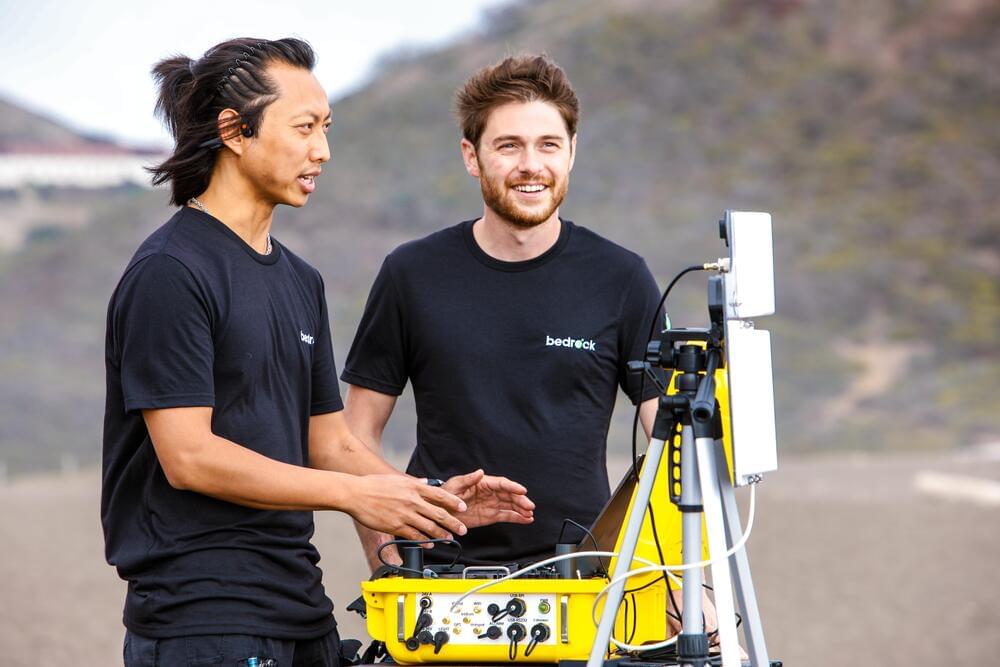How true Eric Klien?
Something to look forward to: Solid-state batteries are still nebulous outside of the lab. Still, automakers are scrambling to be the first in the race to build the first electric car to take advantage of the added energy density and better safety when compared to lithium-ion designs. To that end, they’re investing in companies like QuantumScape, Solid Power, and Sakuu to develop manufacturing techniques that either build on existing approaches or rely on new additive manufacturing technology.
Earlier this year, an MIT study revealed that lithium-ion battery costs have fallen by more than 97 percent since its commercial introduction almost 30 years ago. Not only that, but industry watchers are optimistic that by2025lithium-ion battery manufacturing capacity will have tripled while the price per kilowatt-hour is expected to dip below $100.
The dip has spurred automakers to get serious about making electric cars, but the fact of the matter is that price is only part of the equation of making it a better choice for consumers and the environment. The importance of safety cannot be overstated, as evidenced by GM’s recall last year for more than 68,000 Chevy Bolts. On that front, researchers are hard at work developing a new cathode coating that not only makes lithium-ion batteries safer but could also improve their energy density.




